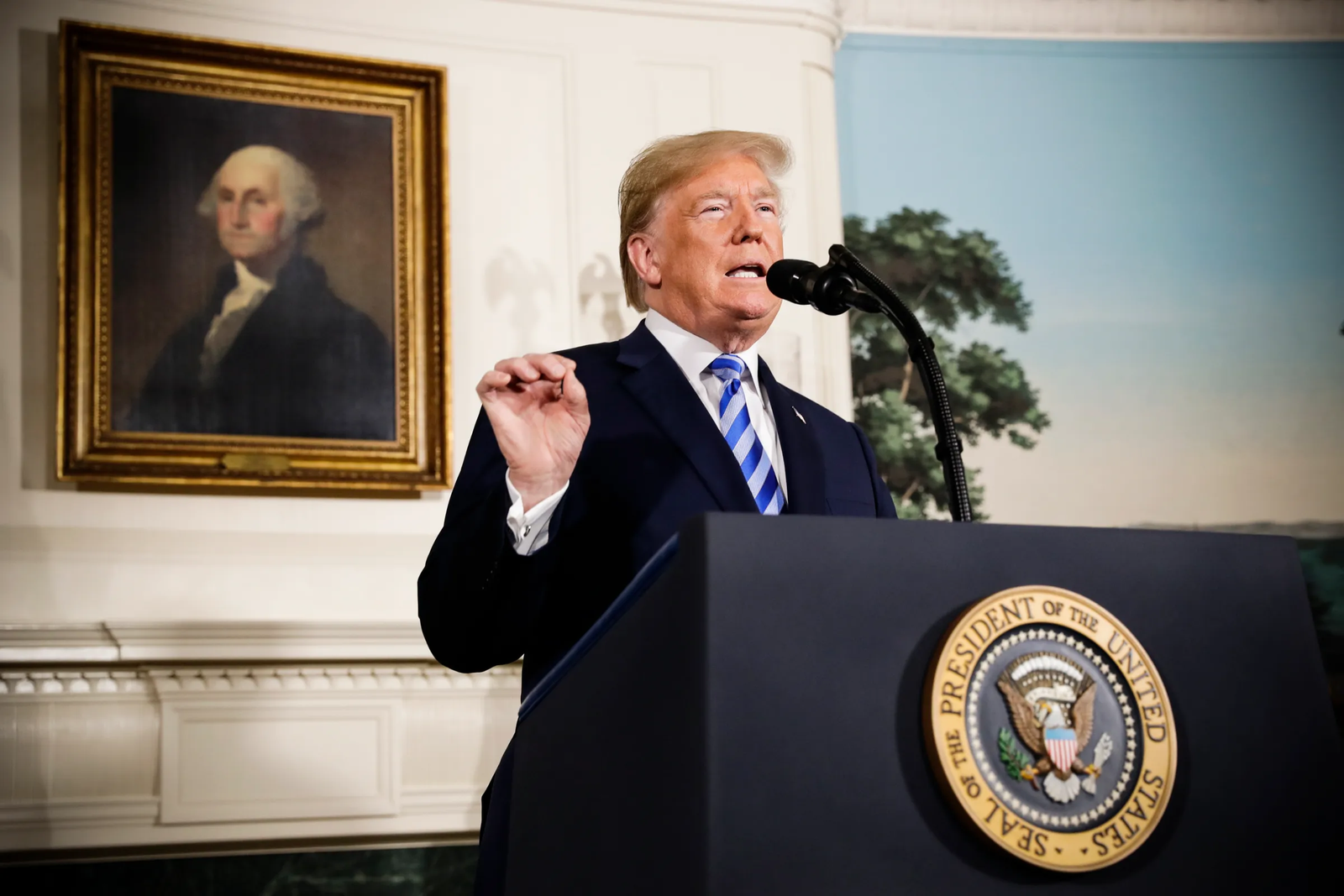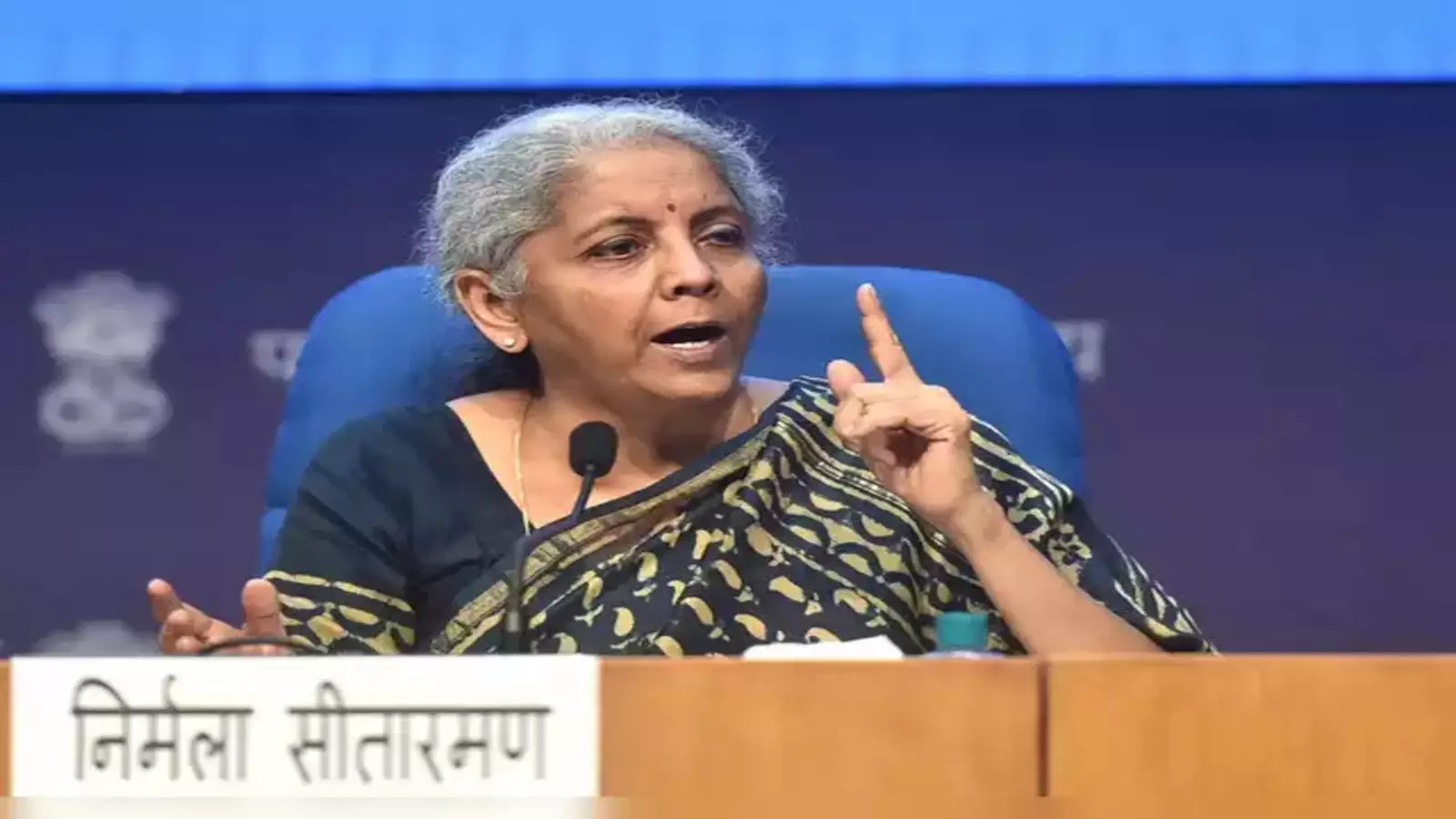The Lok Sabha Elections 2024 are set to culminate tomorrow with the much-awaited vote-counting process, bringing an end to the massive democratic exercise that spanned seven phases across the country. The Election Commission of India (ECI) has scheduled a press conference for June 3, which is notable as it marks a rare instance of the ECI holding a press briefing on election results’ eve. This anticipated briefing could provide insights into how the process will unfold on June 4, with the results expected to impact India's political landscape significantly.
In this article, we’ll cover the latest updates, exit poll predictions, procedural changes, and what’s at stake as India waits to see who will lead the world’s largest democracy. So, let’s dive right in!
1. Background on Lok Sabha Elections 2024
India’s 2024 general elections were conducted over a period of six weeks, starting on April 19 and concluding on June 1. A total of 543 constituencies participated in this seven-phase voting process, with millions of citizens turning up to cast their ballots. This election saw intense campaigning, high-profile rallies, and a significant focus on voter turnout. Tomorrow, the counting process will kick off at 8:00 am, and the results should be clear by evening.
2. Election Commission's Historic Press Conference
The ECI’s decision to hold a press conference on June 3 is significant, as the agency usually maintains a low profile until after results are declared. Unlike previous elections, where media briefings were generally handled by deputy election commissioners, this is the first time the ECI itself has chosen to address the media directly. This change signals the Election Commission’s intent to add transparency and clarity to the process, especially in a high-stakes election like 2024.
3. Counting Process Explained
The counting process, starting early on June 4, will cover all 543 constituencies simultaneously across the country. Results are anticipated by late evening or possibly sooner, depending on the efficiency of the process. The ECI has implemented strict protocols to ensure accuracy and fairness in counting votes. Each ballot counted contributes to the eventual formation of the next government and determines India's future leadership.
4. Lok Sabha Election Exit Poll Predictions
Exit polls have painted an optimistic picture for the ruling Bharatiya Janata Party (BJP) and Prime Minister Narendra Modi, with many surveys predicting a robust victory for the party. According to projections, the BJP might even surpass its record-breaking win of 2019, where it secured 352 seats. Some polls estimate the National Democratic Alliance (NDA) could cross 400 seats, further strengthening its majority in parliament.
5. Opposition Concerns and Calls for Transparency
The opposition, led by various political parties, has raised concerns about the transparency of the vote-counting process. They have approached the Election Commission, urging that postal ballots should be counted and announced before the results from electronic voting machines (EVMs). Senior Congress leader Abhishek Manu Singhvi emphasized the legal requirement for this practice, highlighting that it provides an early sense of the election’s direction.

6. Why is Postal Ballot Counting Important?
Counting postal ballots first is crucial, as it sets the tone for the rest of the counting process. Postal ballots represent specific voter groups, including government employees and the armed forces, who are often required to be away from their constituencies. The opposition has insisted that announcing postal ballot results first ensures transparency and can help avoid potential controversies over EVM results.
7. Enhanced Monitoring During Vote Counting
Given the stakes, opposition parties have also instructed their representatives to closely monitor vote counting. Agents will verify each constituency's records and ensure the ECI shares Form 17C, which contains a detailed count of votes from each polling station. This form will be critical for cross-verifying results, especially in closely contested regions.
More News: latest current affairs news 2024
8. The India Bloc's Demands for Verification
The INDIA bloc, a coalition of opposition parties, has urged the ECI to implement additional verification checks during vote counting. They’ve requested that the ECI verify the date and time on Control Units used in EVMs, specify slip details, and issue tags for better accountability. These demands reflect the bloc’s commitment to a transparent process and reinforce the importance of accuracy in the election outcome.
9. What Happens After Counting Ends?
Once counting concludes, the ECI will officially announce the results, which will shape the next Indian parliament. The winning party or coalition will be invited to form the government. Traditionally, the Prime Ministerial candidate of the party with the majority takes the oath within a few days of results being declared, followed by the formation of the cabinet.
10. Implications of the Election Outcome
The Lok Sabha elections 2024 will determine not just who governs India, but also the country’s direction on the global stage. Key issues at stake include economic reforms, foreign policy, and social policies, all of which could take different trajectories depending on the results. A win for the BJP could mean continuity, while a shift to a coalition-led government could bring significant policy changes.
Read More: IND vs BAN T20 World Cup 2024: India Beat Bangladesh in Warm-Up Clash
Conclusion
As we await the Lok Sabha Election 2024 results, all eyes are on June 4. This election has been monumental, with voter enthusiasm and media attention at an all-time high. The Election Commission’s steps to ensure a transparent process, alongside the opposition’s vigilant monitoring, signal a commitment to a fair and credible election outcome. By the end of tomorrow, we’ll know who will lead India through the next five years.
India’s democratic spirit is on full display, and this result will undoubtedly shape the future of the nation. Stay tuned as the world’s largest democracy once again takes center stage.
Other Popular News Post:
Anant Ambani-Radhika Merchant Wedding | Celebrating National Doctor’s Day | Adani response to Hindenburg Research Report | UP Hathras Stampede | Jagannath Rath Yatra 2024 | Mumbai Rain: Trains Cancelled | Anant Ambani And Radhika Merchant Wedding | Famous people at anat ambani wedding | Donald Trump Survives Assassination Attempt | Porting Your Number to BSNL | 32 Dead in Bangladesh Unrest | Microsoft Cloud Outage | Amazon Prime Day Sale 2024
Explore other popular Posts:
Blog | News | Entertainment | Education | Sports |
Technology | Cryptocurrency | Stock | Home | Sitemap





